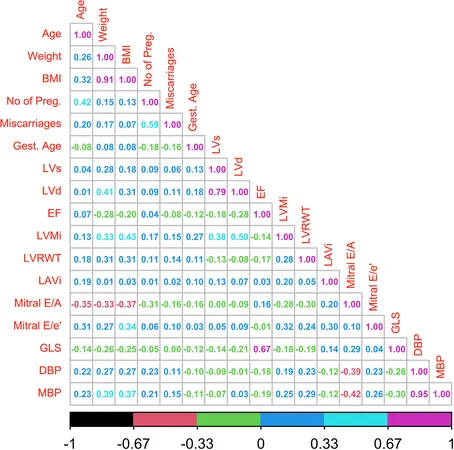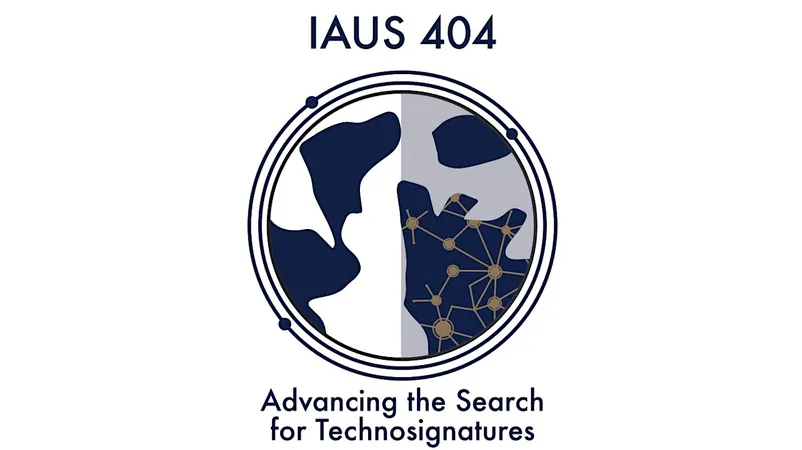
Revealing the Hidden Heart Risks: How Echocardiography Exposes Dangers of Hypertensive Disorders During Pregnancy
2025-09-02
Author: Siti
Understanding the Heart: Hypertensive Disorders in Pregnant Women
Hypertensive disorders during pregnancy, such as preeclampsia, pose significant health risks, particularly for women in economically disadvantaged communities. Alarmingly, approximately one-third of women with these conditions continue to face hypertension even after giving birth. Recent studies in Natal, Brazil aim to uncover both the prevalence of these disorders and their impact on cardiac function throughout pregnancy and postpartum.
Research Methods: A Deep Dive into Cardiac Health
The research included a prospective study involving 107 pregnant women starting after their seventh week of gestation. Alongside this, a cross-sectional analysis focused on 18 cases of preeclampsia. By collecting clinical histories and performing echocardiograms, researchers assessed cardiac functions crucial for maternal and fetal health.
Shocking Findings: The Impact of Hypertension on Heart Health
Among 87 women evaluated, the study revealed that 9.2% exhibited hypertension, and a staggering 70.1% were classified as overweight. More concerning was the discovery that 13.8% had signs of left ventricular hypertrophy or remodeling, while 4.6% showed severely reduced ejection fractions. In postpartum assessments, women who experienced severe preeclampsia faced significant increases in left ventricular wall thickness and prolonged relaxation times, indicating potential long-term heart damage.
The Bigger Picture: Hypertension's Long-Term Consequences
Hypertensive disorders during pregnancy can have long-term implications not just for mothers but also for their children. Women who experience these conditions are at a heightened risk—approximately 3.5 times greater—of future cardiovascular events, including heart attacks and heart failure. The metabolic shifts triggered by pregnancy-related hypertension may persist, leading to early-onset cardiovascular diseases.
Echocardiography: A Game-Changer in Maternal Health
Utilizing transthoracic echocardiography provides a powerful, cost-effective means to detect early signs of heart dysfunction. This imaging tool allows for the detailed assessment of cardiac structure and function, offering vital insights into both systolic and diastolic functions. The study’s results indicate that monitoring these parameters could significantly improve treatment strategies for hypertensive pregnant women.
A Call to Action: Addressing Hypertension in Vulnerable Populations
As the prevalence of hypertensive disorders in vulnerable populations rises, there is an urgent need to raise awareness and improve maternal healthcare. Ensuring access to echocardiography and other preventive measures can help tailor interventions to protect against the long-term effects of hypertensive disorders. These findings underscore the importance of vigilance and proactive care in managing hypertension during pregnancy.
Conclusion: Bridging the Gap in Maternal Healthcare
The research from Natal, Brazil emphasizes the critical need for improved strategies to manage hypertension in pregnancy. With a significant number of women suffering long-term heart issues, early detection through echocardiography could be pivotal in changing the narrative for maternal and child health outcomes. Undoubtedly, Investing in maternal heart health has the potential to save lives and prevent future diseases.





 Brasil (PT)
Brasil (PT)
 Canada (EN)
Canada (EN)
 Chile (ES)
Chile (ES)
 Česko (CS)
Česko (CS)
 대한민국 (KO)
대한민국 (KO)
 España (ES)
España (ES)
 France (FR)
France (FR)
 Hong Kong (EN)
Hong Kong (EN)
 Italia (IT)
Italia (IT)
 日本 (JA)
日本 (JA)
 Magyarország (HU)
Magyarország (HU)
 Norge (NO)
Norge (NO)
 Polska (PL)
Polska (PL)
 Schweiz (DE)
Schweiz (DE)
 Singapore (EN)
Singapore (EN)
 Sverige (SV)
Sverige (SV)
 Suomi (FI)
Suomi (FI)
 Türkiye (TR)
Türkiye (TR)
 الإمارات العربية المتحدة (AR)
الإمارات العربية المتحدة (AR)